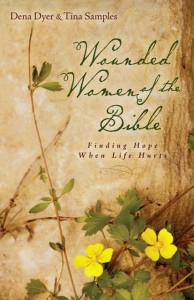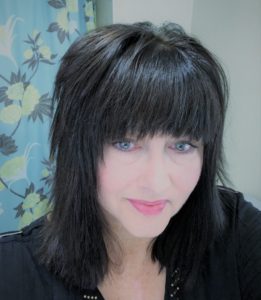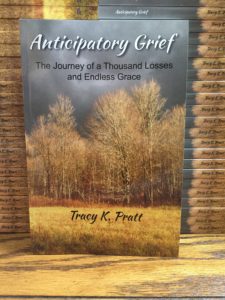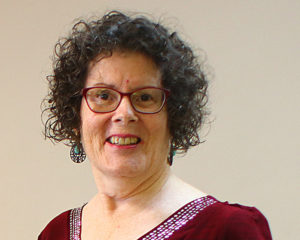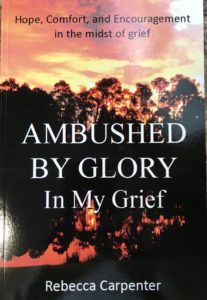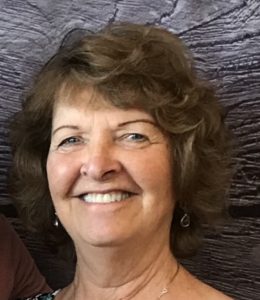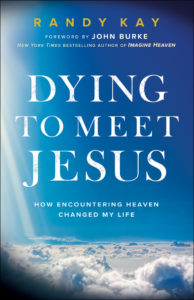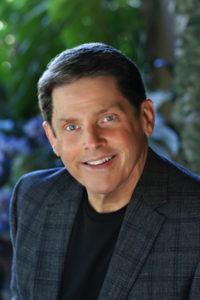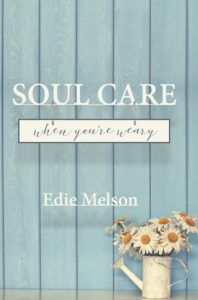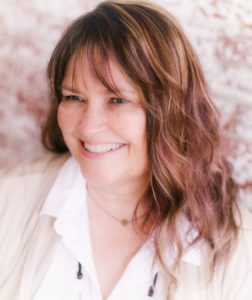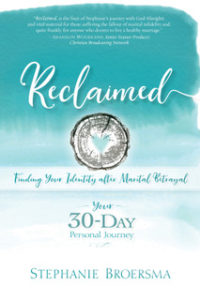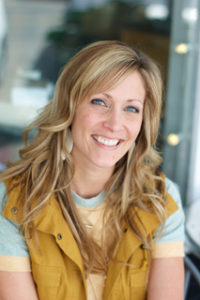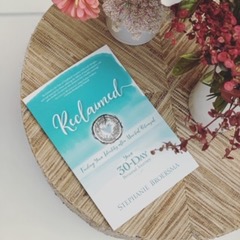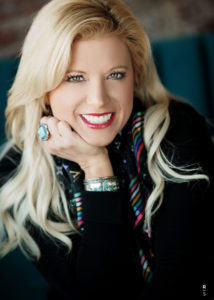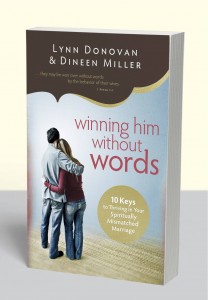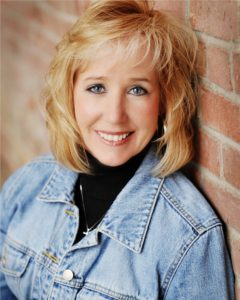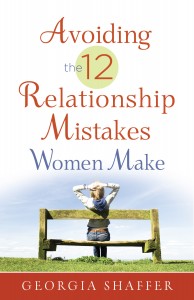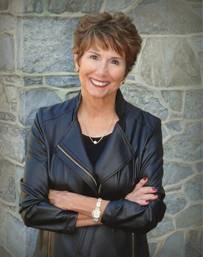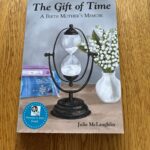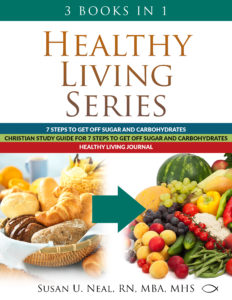 In the year of Covid, our lives are more intertwined with health concerns than ever before. Stress exacerbates health issues, and health issues exacerbate stress. Finances, jobs, school, relationships and health all lumped together in a pot of worry stew. When facing other challenges in life, our health sometimes takes a back seat. But during these precarious times, we need to take care of ourselves and be aware of how to nurture our bodies so we can stay strong and healthy. If you are going through challenging times with health, weight, or diet, award winning author Susan Neal’s series of books called the Healthy Living Series may provide the encouragement you need to live a healthier, more productive life. Susan is an RN with a masters in health science and an MBA and has a passion to help others improve their health.
In the year of Covid, our lives are more intertwined with health concerns than ever before. Stress exacerbates health issues, and health issues exacerbate stress. Finances, jobs, school, relationships and health all lumped together in a pot of worry stew. When facing other challenges in life, our health sometimes takes a back seat. But during these precarious times, we need to take care of ourselves and be aware of how to nurture our bodies so we can stay strong and healthy. If you are going through challenging times with health, weight, or diet, award winning author Susan Neal’s series of books called the Healthy Living Series may provide the encouragement you need to live a healthier, more productive life. Susan is an RN with a masters in health science and an MBA and has a passion to help others improve their health.
Linda: Susan, what prompted you to write this series of books that you call the Healthy Living Series?
Susan: When my sister was diagnosed with gluten sensitivity, she asked me to help her stop eating wheat. From my experience, this is difficult to do, so I created a seven-step plan for her to follow. My sister took the seven-step plan to heart. Her liver enzymes returned to normal, her pre-diabetic state reversed, and her irritable bowel symptoms disappeared. However, she continued to eat sugary foods, not recognizing their effect on her health.
One year later, she got rosacea and needed to get off sugar as it contributed to this condition. She repeated the same seven-steps with success. But more than that she lost a lot of weight, her joints no longer ached, and she felt energized. The rosacea disappeared too! I thought others could be helped through this seven-step plan so I wrote 7 Steps to Get Off Sugar and Carbohydrates.
Linda: Would you describe for us that 7 step plan?
Susan: Yes, these are the 7 Steps to Get Off Sugar and Carbohydrates
- Decide to improve your health through proper nutrition.
- Acquire a support system and knowledge to help make a lifestyle change.
- Clean out the pantry and refrigerator by removing unhealthy foods and clean out your emotions with God.
- Purchase healthy foods plus an anti-Candida cleanse.
- Plan for the start date to begin changing your eating habits.
- Prepare and eat foods differently than you did before.
- Improve your health through continuing this new lifestyle, never turning back to your old eating habits.
Linda: I understand this is a series of three books. What are the three books included in, Healthy Living Series: 3 Books in 1?
Susan: The first book in the series, 7 Steps to Get Off Sugar and Carbohydrates, won the Selah award and became a number #1 Amazon best seller. I wrote the second book, Christian Study for 7 Steps to Get Off Sugar and Carbohydrates, to help readers deal with emotional eating. Sometimes emotional wounds from trauma, abuse, or tragedy need healing to stop the cycle of emotional eating. The final book in the series, Healthy Living Journal, won the Golden Scrolls Award for best inspirational gift book. It helps track your eating and well-being to figure out if a specific food is causing problems. I put all three books into a mega book, Healthy Living Series: 3 Books in 1 so readers could purchase all three books for the price of two. You can click here and scroll down the page to read the first chapter of each of these books. 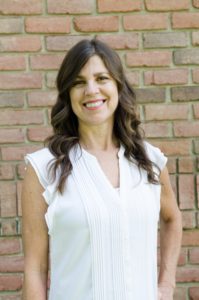
Linda: There’s a lot of health books out there, but I think you add something more to help the process be more successful. From the title of your second book, it sounds like these books are written from a Christian perspective.
Susan: Yes, they are. Changing ones eating habits is challenging. I know because I craved sugar and carbs when I lost my health nine years ago. I suffered with ten medical diagnoses and two surgeries. One of those issues, a Candida overgrowth in my gut, caused me to desire the wrong kind of foods. As I was struggling to remove alcohol, sugar, and refined carbohydrates from my diet, I used God’s mighty weapons of prayer and the sword of the Spirit to fight temptation. I’ve incorporated many spiritual tactics into these books such as having a prayer/accountability partner. I couldn’t have regained my health without God’s help.
Linda: I think that is important. Even when we realize we need to change our eating habits, it can be very hard to do. What advice do you have for our readers?
Susan: Many people have lost hope about recovering their health or weight as 50 percent of Americans suffer with a chronic illness and 40 percent experience obesity. But there is hope! God gave us nutritious, healthy food to eat. We need to replace processed food with God’s food, and gain knowledge and spiritual support to reclaim our health. With God’s help, you can!
If you choose to embark on this plan, you will radically improve your health and energy by merely removing sugars and refined carbohydrates. However, this plan is not a diet, where once you complete the seven steps, you’re done. This is a lifestyle change. Typically, diets are unsuccessful because after people lose their desired weight, they go back to old eating habits, which caused them to gain weight in the first place, and find themselves facing the same challenges again and again.
That’s why I’ve gone even deeper and created a course, 7 Steps to Reclaim Your Health and Optimal Weight. This course helps identify the root cause of poor eating habits and resolve it. Once resolved, you get your normal palate and self-control back. When you make this lifestyle change you can experience the life God intended for you to live. You will also be in better shape to serve Him better.
Linda: With everyone having to shelter at home, are there supplements to take or foods to eat that can help people stay healthier so they are more apt to ward off this virus?
In addition to prevention tactics that I’ll list below, boost your immune system so your body can fight off the virus if you become exposed to it. Follow these immune building tips:
- Take echinacea. I’ve taken Esberitox for over twenty years. This supplement includes two varieties of echinacea. The chewable tablets taste similar to SweetTarts so kids take them easily.
- Avoid high sugar foods because sugar decreases the immune system. Don’t eat foods or beverages with added sugar, that includes sugar-laden coffee drinks.
- Take a daily probiotic to enhance your gut microbiome which is where many of your immune cells are derived.
- Avoid getting extremely cold. Lowering your body temperature reduces your immune system.
- Eat a balanced diet with lots of vegetables and fruits. Avoid processed foods.
- Increase your vitamin C intake by taking a supplement and eating citrus fruits.
- Get your vitamin D through a supplement or get in the sun.
- Exercise a couple of times a week.
- Moderate your alcohol intake.
- Sleep at least eight hours.
If you are interested in more immune boosting tips watch a YouTube video that Tina Yeager and I created “Immune Boosters You Might Already Have in Your Kitchen.”
Linda: What are the prevention tactics people need to use to protect their health and stay healthy?
Susan: The number one thing you can do is wear a mask when you are in public. In addition, wash your hands for up to one minute, especially after touching surfaces in public places. After washing my hands in a public restroom, I grab an extra paper towel and use it to open the bathroom door to leave. I use that same paper towel to push the door open to exit the building. I leave the paper towel on the floorboard of my car to discard later.
Also, keep a container of antibacterial wipes in your car. Use a wipe to open doors to public buildings. After shopping, especially when handling money or signing with a public credit card pen, wipe your hands with a wipe when you return to your vehicle. Phones and purses pick up a lot of germs. Wipe off the bottom of your purse, wallet, and phone with an antiseptic wipe.
Linda: Where can readers find more about you and your books in the Healthy Living Series?
Susan: Readers can find my books, courses, and numerous free gifts such as 7-Days to Reboot Your Metabolism at SusanUNeal.com. My motto is “Inspiring others to improve their health so they can serve God better.” May God bless your readers’ endeavor to improve health and well-being.
